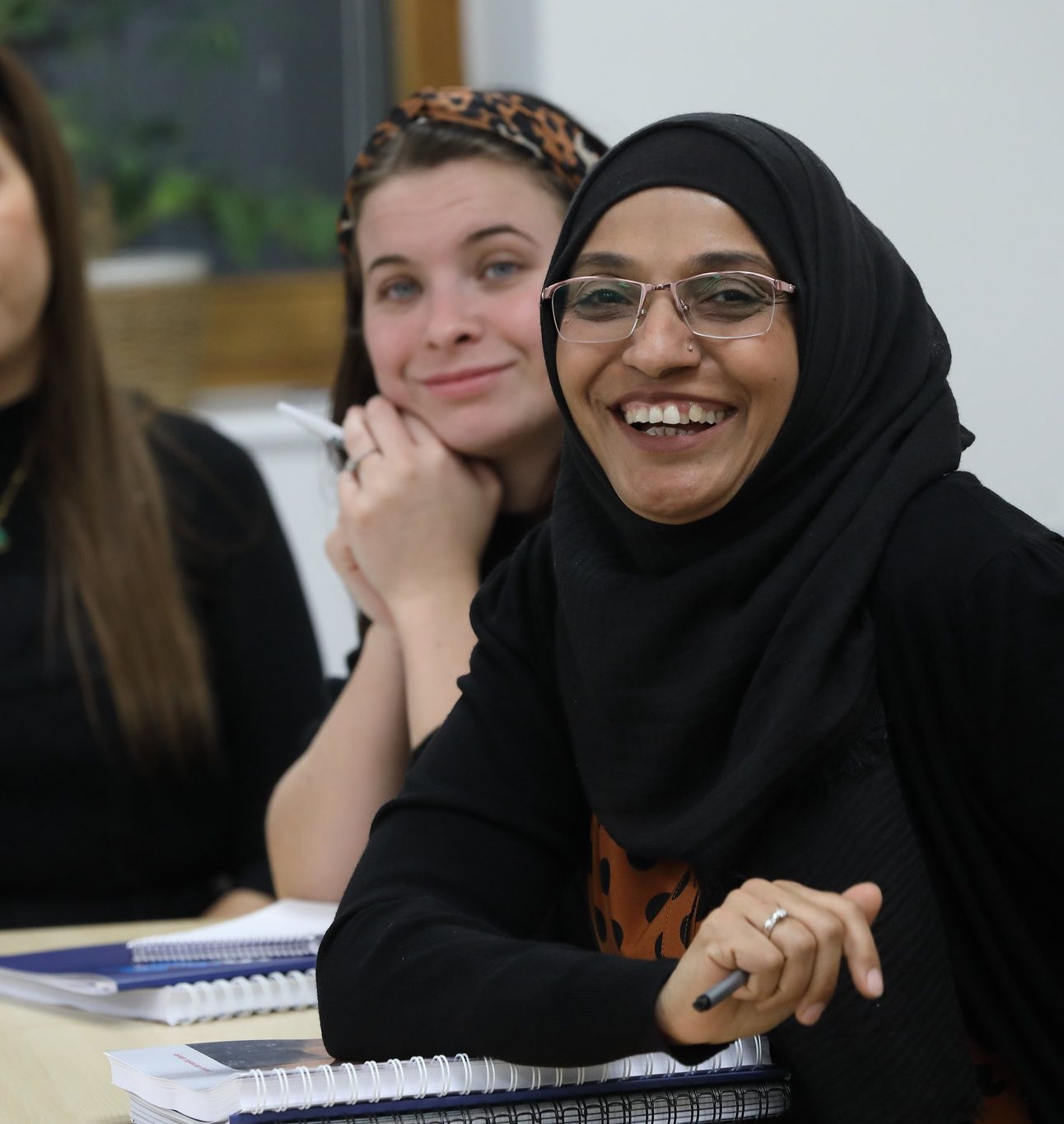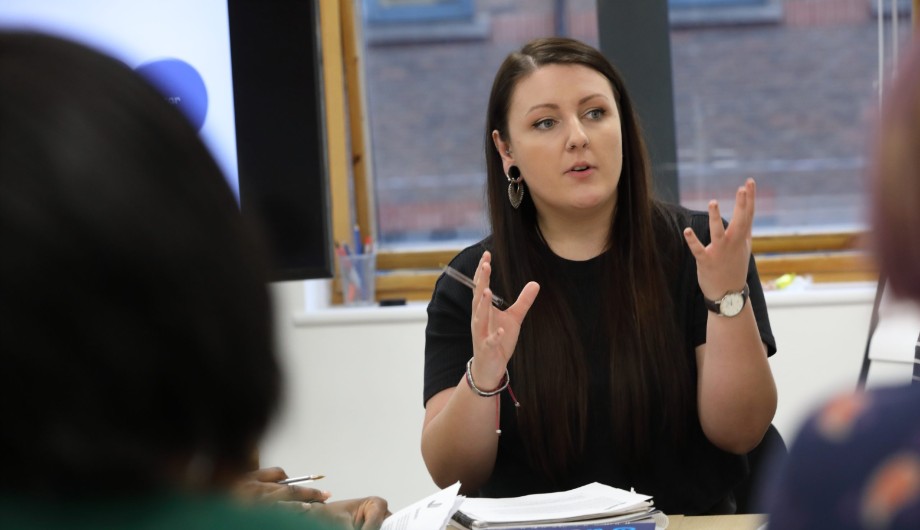
About training with SafeLives
Our training supports professionals to recognise the signs of domestic abuse, understand the issues, and respond quickly and effectively when a victim needs help.
Welcome to our brand new website, providing you with easier access to our training, research and resources!

We are the leading training provider for the domestic abuse frontline – from our flagship Idva course to our data insights service and Leading Lights accreditation, we support professionals to meet the needs of the whole family.






Sign up to receive our monthly newsletters about the latest training, events, research and fundraising initiatives at SafeLives. Together, we can end domestic abuse, for everyone, for good.